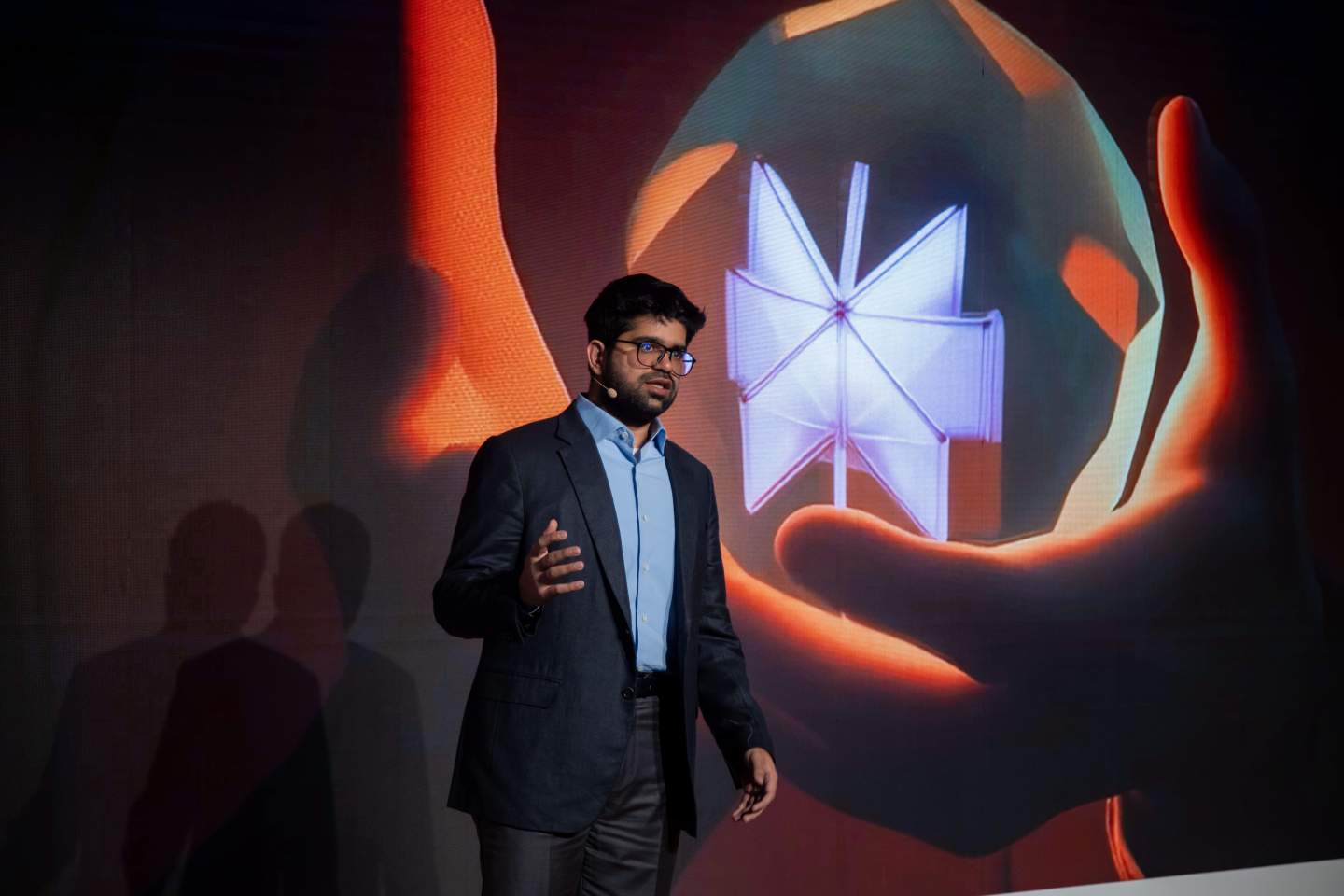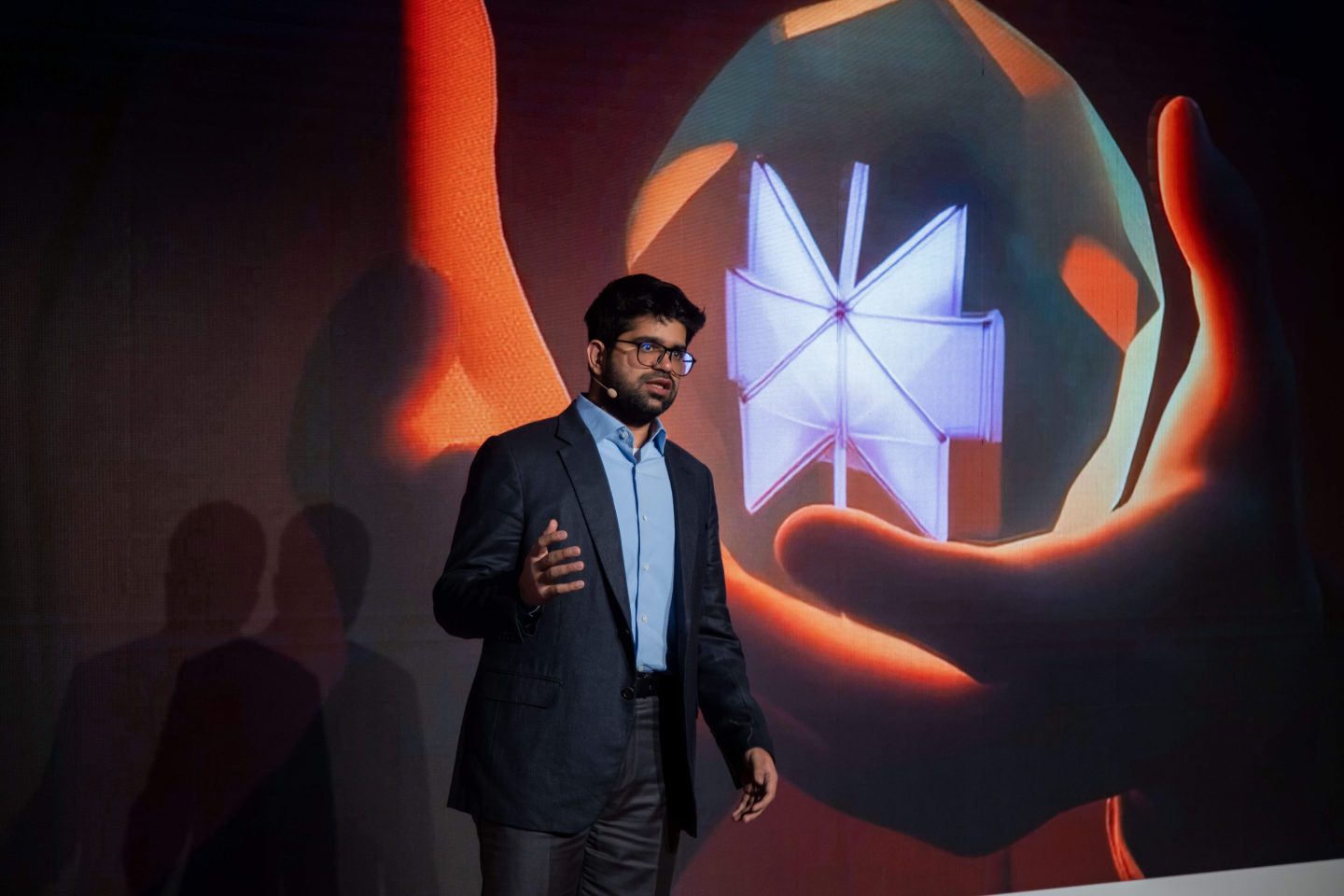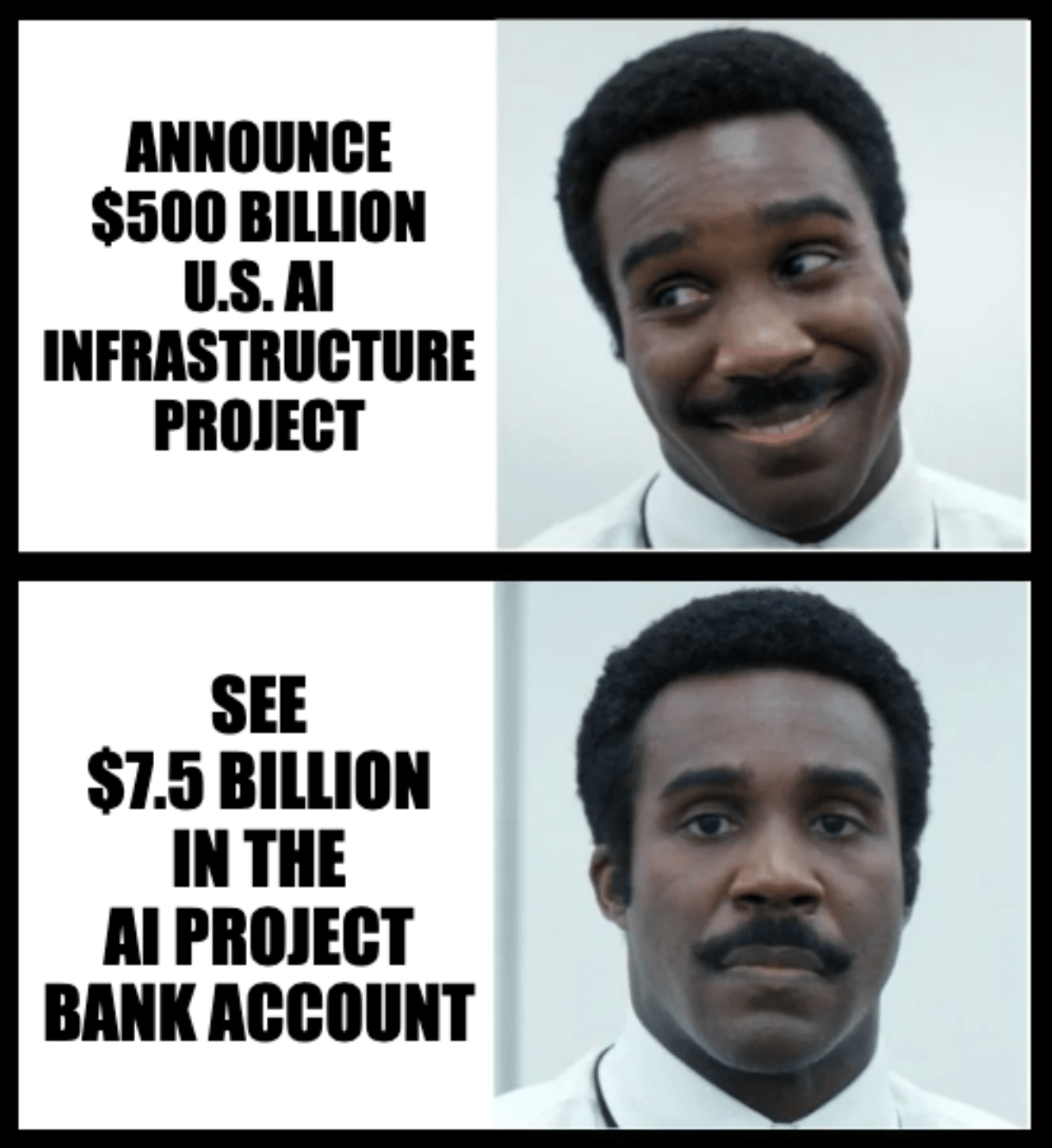Happy Monday. I’ve been thinking a lot lately about how AI is changing the way we learn.
Talk to any instructor—grade school, university, it doesn’t really matter—and it’s abundantly clear how rapidly the capability has changed their classroom. Assignments are increasingly (and eerily) generated; the tension between enhancing education and replacing it is palpable.
Interested in the topic? Give this recent essay by the journalist Nick Carr a read. (Yes, that’s “Is Google Making Us Stupid?” Nicholas Carr.) The following passage stuck with me:
What AI too often produces is the illusion of learning. Students may well be able to write better papers with a chatbot than they could on their own, but they end up learning less.
Today’s tech news below. —Andrew Nusca
P.S. Our apologies for sending today’s edition so late—technical issues.
Want to send thoughts or suggestions to Fortune Tech? Drop a line here.
The new Fortune 500 ranking is here
In total, Fortune 500 companies represent two-thirds of U.S. GDP with $19.9 trillion in revenues, and they employ 31 million people worldwide. Last year, they combined to earn $1.87 trillion in profits, up 10% from last year—and a record in dollar terms. View the full list, read a longer overview of how it shook out this year, and learn more about the companies via the stories below.
- A passion for music brought Jennifer Witz to the top spot at satellite radio staple SiriusXM. Now she’s tasked with ushering it into a new era dominated by podcasts and subscription services. Read more
- IBM was once the face of technological innovation, but the company has struggled to keep up with the speed of Silicon Valley. Can a bold AI strategy and a fast-moving CEO change its trajectory? Read more
- This year, Alphabet became the first company on the Fortune 500 to surpass $100 billion in profits. Take an inside look at which industries, and companies, earned the most profits on this year’s list. Read more
- UnitedHealth Group abruptly brought back former CEO Stephen Hemsley in mid-May amid a wave of legal investigations and intense stock losses. How can the insurer get back on its feet? Read more
- Keurig Dr. Pepper CEO Tim Cofer has made Dr. Pepper cool again and brought a new generation of products to the company. Now, the little-known industry veteran has his eyes set on Coke-and-Pepsi levels of profitability. Read more
- NRG Energy is the top-performing stock in the S&P 500 this year, gaining 68% on the back of big acquisitions and a bet on data centers. In his own words, CEO Larry Coben explains the company’s success. Read more
Samsung and Perplexity are in partnership talks

Samsung Electronics is reportedly close to finalizing a deal to invest in the San Francisco AI startup Perplexity.
Bloomberg reports that the companies are in talks to preload the Perplexity app and assistant on future Samsung devices.
They’re discussing the integration of Perplexity’s search features into Samsung’s web browser—and even integrating the AI company’s technology in Samsung’s Bixby virtual assistant, according to the report.
The South Korean giant could announce a deal this year, possibly in time for its Galaxy S26 launch. (Put that in your chatbot and prompt it.)
The strategy behind a deal is fairly clear. Perplexity’s services would help Samsung reduce its heavy reliance on Google.
Meanwhile Samsung’s enormous global footprint—it’s either the world leader in smartphones or second to Apple, depending on the market researcher—is of great value to a company that requires scale to compete in its category.
A deal like this would make Samsung a major investor in Perplexity, which has already attracted funding from corporations like Nvidia; Silicon Valley venture capital firms like IVP and NEA; and prominent tech luminaries like Amazon founder Jeff Bezos, Meta chief AI scientist Yann LeCun, former GitHub CEO Nat Friedman, and Shopify CEO Tobias Lütke.
Perplexity has been widely reported to be raising $500 million at a $14 billion valuation. —AN
Universal, Warner, Sony may license music to Udio and Suno
More talks, more deals…or as we call it, another Monday in Fortune Tech™.
Some of the biggest companies in recorded music are reportedly in discussions to license their content to a pair of AI startups.
Universal Music Group, Warner Music Group, and Sony Music Entertainment hope to collect licensing revenue from Suno and Udio as well as receive a small amount of equity, according to Bloomberg.
For the unfamiliar, Suno and Udio allow users to type in a prompt—highly specific, highly vague, or everything in between—and generate music.
For example, prompt “Create a song about remote work that sounds like Glassjaw”—briefly a Warner artist—“in the 2000s” and receive a creation called “Echoes of Isolation” that sort of imitates Daryl Palumbo’s distinctive sing-talk-scream over distorted guitars.
The music companies sued Suno and Udio last year accusing them of copyright infringement; trade group RIAA sought as much as $150,000 per work infringed.
An agreement would set a precedent for how AI providers compensate musical artists for their recordings and help settle the lawsuits between the companies.
Udio is backed by Andreessen Horowitz, Instagram cofounder Mike Kreiger, and recording artists will.i.am and Common; Suno is funded by Lightspeed Venture Partners, Founder Collective, the early-stage firm Matrix, and Perplexity investors Nat Friedman and Daniel Gross. —AN
More tech
—Meta taps AI for risk. The company plans to automate up to 90% of privacy and integrity risk assessments, according to internal documents.
—TikTok falsehoods. More than half of the top 100 videos contain misinformation, per analysis.
—Robots to grow human tissues. Lab startup Vivodyne aims to improve clinical trials.
—Beware “Anthony of Staten Island.” He’s probably a North Korean IT worker.
—Twitch goes vertical. Imminent plans for vertical livestreams, 1440p creator streaming.
—Meta shareholders say no to crypto. No Bitcoin for the company treasury, per a recent vote.
—Dubai: AI talent hub? A “golden visa,” good salaries, no taxes, and more.
—A fixed-wing flying car. Klein Vision’s AirCar prototype is apparently airworthy in Slovakia.














